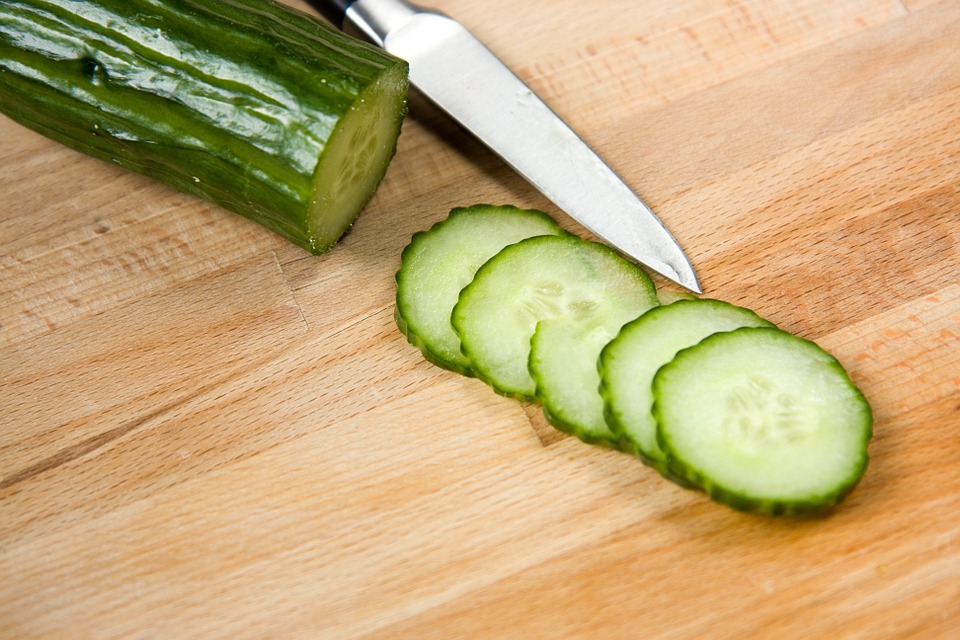Do You Constantly Feel Bloated? Discover the Perfect Diet for You
Did you ever experience that unpleasant feeling of bloating, after eating a large meal? Surveys conducted in this direction outline that 30 percent of Americans regularly deal with bloating. However, in spite of that, doctors highlight that having a flat stomach all the time isn’t healthy, as some would assume. That’s because right after a meal, the liquids and food occupy plenty of space inside the stomach and intestines, which translates into an expansion, namely the feeling of bloating.

Thereupon, feeling this way doesn’t necessarily imply that there’s something wrong with your meals. However, if your abdomen feels ballooned on a regular basis, you should pinpoint the factors triggering it.
Contents
What You Should Avoid
- Legumes
Some legumes may be the underlying cause of feeling bloated – beans, peas, soybeans, lentils, and others are, most of the times, gas-causing. Since they are rich in protein, and fiber, while containing sugar as well, the body cannot absorb them quickly, which may trigger a sense of discomfort to your stomach.
The lengthy digestion process can cause a bloating sensation. That’s why it’s more than recommended to combine such veggies with digestible grains such as quinoa or rice. Truth be told, if you eat such ingredients sporadically, they are more likely to cause bloating, as opposed to eating them regularly, which makes the body get used to the legumes.
- Kale, Broccoli, and Cabbage
Cruciferous veggies such as cabbage, kale, and broccoli contain raffinose, which is sugar that isn’t easily digested, hence it may cause gas and bloating. By implementing foods rich in fiber, you are stimulating the right functioning of your digestive system, making it less prone to bloating. It’s best to include them more often in your meals and opt for steaming them, as it’s healthier for you and it eases the digestion process.
- Salty Foods
Salt is the primary ingredient that attracts water, being, in most of the cases, guilty for water retention problems you might deal with. That’s why, if you include a broad range of foods rich in sodium and salt, you’ll deal with water retention, which, in many instances, equals bloating. Avoiding sodium is a challenge since salt is basically everywhere. That’s why it’s recommended to hydrate yourself accordingly, to balance the water/sodium proportion, and prevent bloating.
What You Should Eat
- Papaya
Papaya contains a particular enzyme – papain, which facilitates a smooth digestion. Additionally, papaya is a favorite fruit due to its anti-inflammatory compounds, and its delicious, mouth-watering aroma, of course. Being rich in fiber as well, it will strengthen your digestive tract.
- Cucumber
This green veggie embodies quercetin, which is an important antioxidant that contributes to diminishing swelling. According to studies, cucumbers are effective in suppressing the activity of enzymes that lead to inflammation/bloating.
- Yogurt
Yogurt typically contains probiotics, which contribute to the right functioning of your digestion, while enhancing the overall health of the digestive system. Having yogurt for breakfast is an excellent idea – you can combine it with anything you can think of – jam, honey, fruit, and so on.




1 comentariu